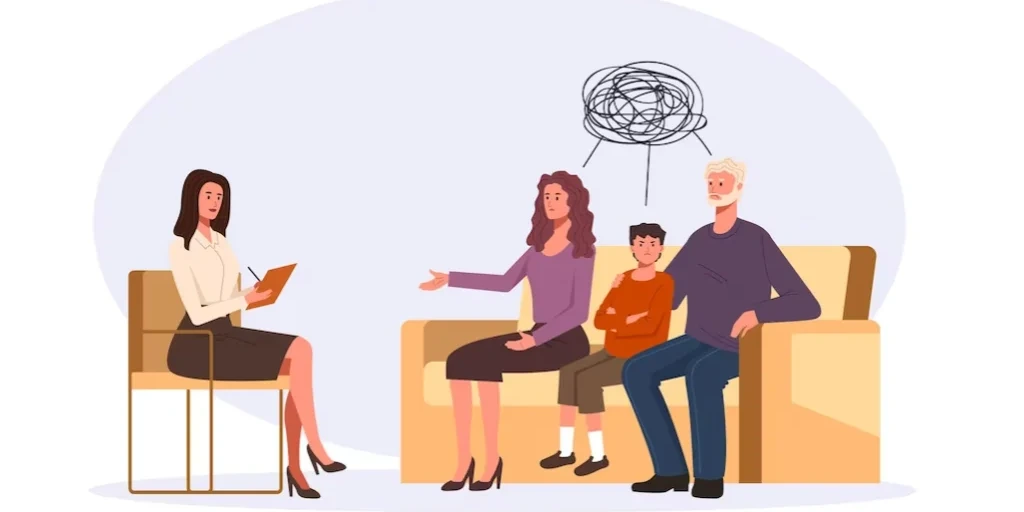24/7 Helpline:
(866) 899-111424/7 Helpline:
(866) 899-1114
Learn more about Codeine Detox centers in Sasser
Codeine Detox in Other Cities

Other Insurance Options

Regence

CareSource

Ceridian

PHCS Network

Medical Mutual of Ohio

Multiplan

United Health Care

Kaiser Permanente

Highmark

Anthem

Evernorth
Beacon

Absolute Total Care

Carleon

Health Partners

Cigna

Group Health Incorporated

WellCare Health Plans

MVP Healthcare

Molina Healthcare















